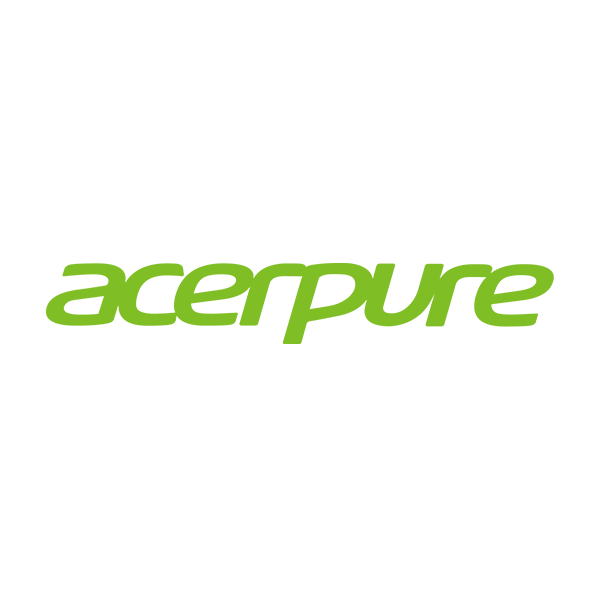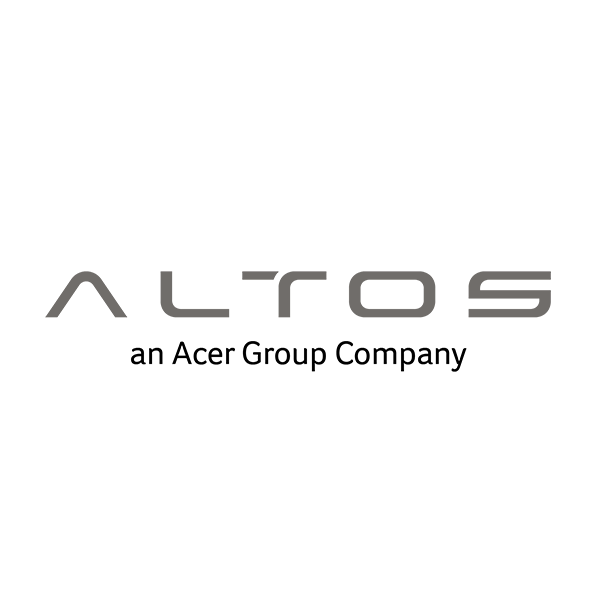California Supply Chains Act
In 2010 the California Transparency in Supply Chains Act of 2010 (SB 657) was passed and will go into effect on January 1, 2012. This law requires large retailers and manufacturers who do business in the state of California, and have annual gross worldwide sales of over $100 million U.S. dollars, to be transparent about the efforts they have undergone to eradicate slavery and human trafficking in their supply chain.
Acer is a member of the Electronic Industry Citizenship Coalition (EICC), an alliance of the world’s leading information and communications technology (ICT) companies. The EICC has published the Electronic Industry Code of Conduct (EICC Code) which establishes conduct standards for global ICT companies to improve working and environmental conditions. Acer actively works as part of the EICC to provide safeguards which prohibit supply chain use of slavery and human trafficking.
Acer has adopted the EICC Code and requires adherence to this Code by its employees and direct suppliers. Acer also supports and participates in the EICC’s Freely Chosen Employment task force which is designed to help identify opportunities to share best practices among members, expand the code of conduct, and make recommendations on available tools and training.
Acer has taken multiple actions to eradicate use of forced labor, slavery and human trafficking in its supply chain. These actions include:
- Supplier risk assessment
Acer assesses the risk of inappropriate labor practices in its suppliers’ operations by evaluating several factors. These factors include supplier: assessment questionnaires, operational characteristics, business risk dynamics, results of prior audits and other relevant factors. Acer also considers the concerns of outside parties in making these risk assessments.
- Supplier audits
Acer conducts announced on-site audits of its suppliers to ensure compliance with the EICC Code and takes seriously all forms of non-conformance. Audits are conducted by Acer employees and/or third-party consultants retained by Acer. Suppliers are selected for audit based on the results of the risk assessment analysis described above.
Additionally, Acer participates in the EICC Validated Audit Process (VAP), which employs an independent audit manager to inspect procedures and tools, and verify audit results. Acer employs varied auditing processes to ensure a robust audit program with complementary methods to validate and continually improve Acer’s supply chain adherence to the EICC Code.
- Supplier Declaration
Acer requires all direct manufacturing suppliers to sign a Declaration of Compliance with the EICC Code. This Code obligates the suppliers to adhere to Acer’s standards of upholding the human rights of workers and treating them with dignity.
- Supply Chain Management Employee Training
Acer has launched a training program for its employees with manufacturing supply chain responsibility. This training ensures that Acer employees in procurement roles are fully aware of the standards Acer has established for its suppliers to eradicate slavery and human trafficking in the Acer supply chain. The training also provides supply chain management employees with strategies to identify and respond to inappropriate supply chain labor practices. Acer’s supply chain personnel are also made fully aware of the responsibilities imposed on Acer’s suppliers via the EICC Code and the audit program Acer has instituted to ensure supplier compliance with this Code.
For complete information concerning Acer’s supply chain responsibility program and specific audit findings, please see Acer’s Corporate Responsibility Report.







